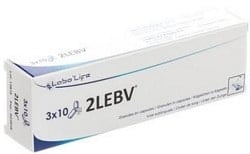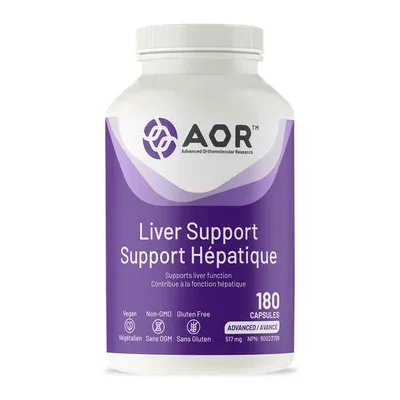Posted Oct 11, 2009
A new study from researchers at the Harvard School of Public Health found Omega-3 deficient diets cause up to 96,000 preventable deaths annually in the United States (US).
“The Preventable Causes of Death in the United States: Comparative Risk Assessment of Dietary, Lifestyle, and Metabolic Risk Factors” study published in the April 2009 issue of PLoS Medicine estimated the number of deaths resulting from 12 different modifiable and preventable causes to determine how many deaths were attributable to these factors.
Of the 12 dietary, lifestyle and metabolic risk factors examined in the study, Omega-3 fatty acid deficiency ranked as the sixth highest killer of Americans, responsible for a whopping 72,000 to 96,000 preventable deaths yearly. Omega-3 fatty acid deficiency even beat out high trans fat intake, which is responsible for an estimated 63,000 to 97,000 deaths annually.
Researchers retrieved data on exposures to the 12 selected risk factors from US national health surveys, and obtained information on deaths from different diseases for 2005 from the US National Health Center for Health Statistics. They also used previously published studies to estimate how much each risk factor increased the risk of death from each disease, and applied a mathematical model to estimate the number of deaths related to each risk factor.
Tobacco smoking ranked as the highest risk factor with 436,000 to 500,000 attributed preventable deaths, followed by high blood pressure (372,000 to 414,000), obesity (188,000 to 237,000), physical inactivity (164,000 to 222,000) and high salt intake (97,000-107,000).
Studies such as this are becoming increasingly important in the US and around the world as healthcare costs skyrocket. Policymakers use these studies to determine leading causes of mortality among populations, and then to develop and implement public health policies and legislation to help reduce exposure and to prevent death from certain risk factors.
About Omega-3:
Omega-3 is an essential fatty acid (EFA), consisting of EPA (eicosapentaenoic acid), DHA (docosahexaenoic acid), and ALA (alpha-linolenic acid). Oily fish (such as sardines, anchovies, mackerel, and salmon) are the only known natural sources of Omega-3 EPA/DHA. ALA is found in plants, such as flax and chia. It is important to note that only EPA and DHA contribute to the many health benefits associated with Omega-3. While the body can convert ALA into EPA/DHA, it does so very inefficiently (less than one percent), making it impossible to derive Omega-3-related health benefits from plant-sourced ALA. Furthermore, although Omega-3 EPA/DHA is vital to overall good health, the human body is not able to produce it on its own, so supplementation is required, either by eating oily fish or foods fortified with Omega-3 EPA/DHA, or by taking fish oil supplements.
www.ocean-nutrition.com
Copyright © 2009 CNW Group. All rights reserved.





